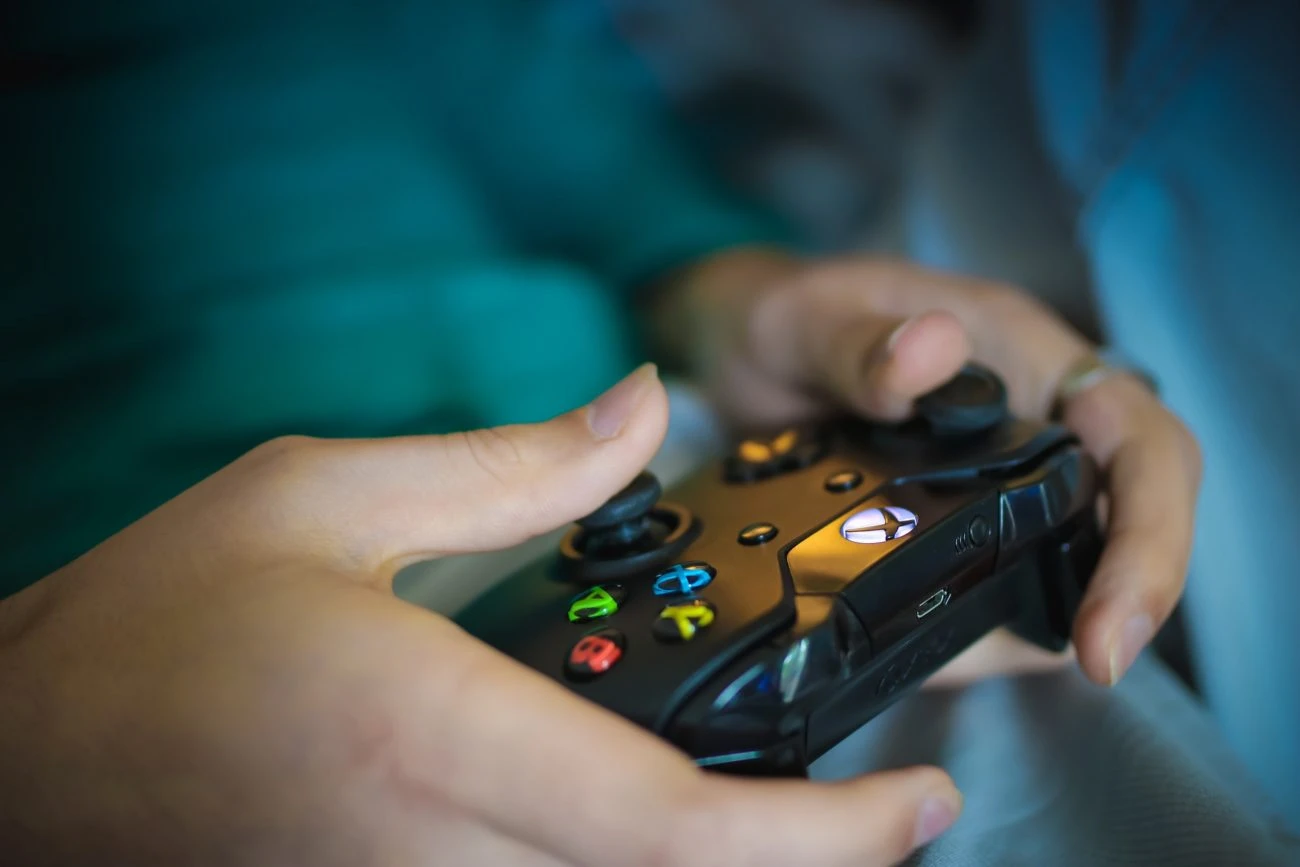RSPH calls on games sector to introduce loot box safeguards

The Royal Society for Public Health (RSPH) has called on the video games industry to commit to removing gambling-style elements such as loot boxes from games targeted at under-18s.
It is also urging the sector to develop a set of criteria and employ technology to help identify disordered spending on loot boxes and content with gambling-style mechanics within mobile and console titles.
This should be accompanied by efforts to better educate young people about the risks of gambling and activity that mimics gambling, the RSPH continued.
It believes this education should start at primary school, as part of the Health Education Curriculum, supported by programmes to ensure parents, carers and teachers are better informed and able to help young people deal with gambling harms. Mental Health Support Teams in schools and colleges should also be trained to address the ill effects of gambling in young people.
“Young people have told us that gambling and gambling-like activity are slowly but surely polluting hobbies and past-times that have traditionally been beneficial to their wellbeing,” RSPH chief executive Shirley Cramer said.
The RSPH spoke out following the publication of its Skins in the Game survey, a report based on research funded by GambleAware, that surveyed 1,100 young people aged between 11 and 24 years old.
The survey found that purchasing loot box or betting using skins as collateral (skin betting) were generally accepted by respondents as normal activity for young people. Of those surveyed, 90% believed buying loot boxes was normal for someone of their age, while 67% said the same of skin betting.
However, it was generally accepted that respondents were not partaking in these activities without being aware each was a form of gambling, with 58% classing loot boxes as a game of chance, and 60% skin betting.
Those that were aged between 11 and 14 years old were found to be more likely to have bought a loot box, with over a quarter (27%) doing so in the past week, compared to 16% aged 18 and over. Skin betting was also more prevalent in this age group.
Yet this 11-14 segment was also less likely to classify such activities as gambling, and to associate gambling harms with experiencing mental health issues. The age group was also against loot boxes being classified as a form of gambling, with only 25% agreeing that this should be done. This jumped to 73% for those aged between 22 and 24.
“Today, the vast majority of young people take part regularly in video-gaming and no doubt many will receive video games as Christmas presents,” Cramer said. “However we, and the young people we’ve spoken to are concerned at how firmly embedded gambling-type features are in many of these games.
“The rise of loot boxes and skin betting have seen young people introduced to the same mechanisms that underpin gambling, through an industry that operates unchecked and unregulated on the back alleys of the internet, which young people can access from their bedrooms.”
The survey also revealed potential concerns among younger people about the relationship between sports and gambling. While only one in ten had been to a stadium sponsored by a gambling operator in the past month, 55% of respondents said the relationship between sports and gambling was negative for young people.
To address this, RSPH is calling for legislation to prevent gambling operators from acting as title sponsors for sports clubs, and for a prohibition on professionals from endorsing gambling-related activity to be written into athletes’ contracts.
“As with any public health issue, this is one that requires a combination of measures focusing on both education and regulation,” Cramer said of the recommendations put forward by the RSPH.
“Young people are not universally opposed to gambling and gambling-like activity; they simply want to be able to recognise where it appears in their lives and to make an informed decision as to whether to avoid it altogether, or to participate in a way that lowers the stakes for their health and wellbeing.”
